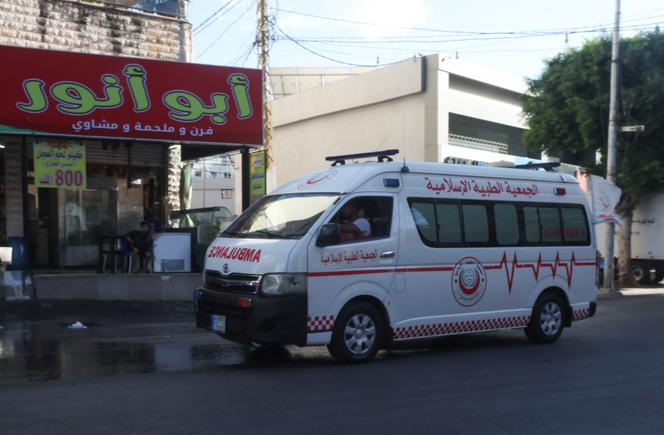


Hundreds of people were wounded when their paging devices exploded simultaneously across Lebanon on Tuesday, September 17. According to Lebanon's Health Minister Firass Abiad, people were wounded across the country.
The explosions hit locations in several Hezbollah strongholds, in the first such incident since the group began trading near-daily fire with Israel in support of ally Hamas.
A source close to Hezbollah told Agence France Presse (AFP) that dozens of the group's members had been wounded in blasts in Beirut's southern suburbs and the south of the country, while another source said that the incident was a result of an "Israeli breach" of its communications. There was no immediate comment from the Israeli military.
Hezbollah had instructed its members to avoid mobile phones after the Gaza war began and to rely instead on its own telecommunications system to prevent Israeli breaches.
Earlier on Tuesday, Israel had announced a broadening of the aims of the war sparked by Hamas's October 7 attacks to include its fight against Hezbollah along the northern border with Lebanon. Until now, Israel's objectives have been to crush Hamas and to bring home the hostages taken by Palestinian militants during the October 7 attacks that sparked the war. "The political-security cabinet updated the goals of the war this evening, so that they include the following section: the safe return of the residents of the north to their homes," Israeli Prime Minister Benjamin Netanyahu's office said in a statement early Tuesday.
Since October, the unabating exchanges of fire between Israeli troops and Hamas ally Hezbollah in Lebanon have forced tens of thousands of people on both sides of the border to flee their homes. Not formally declared as a war, the exchanges of fire between Israeli troops and Iran-backed Hezbollah have killed hundreds of mostly fighters in Lebanon, and dozens on the Israeli side.
